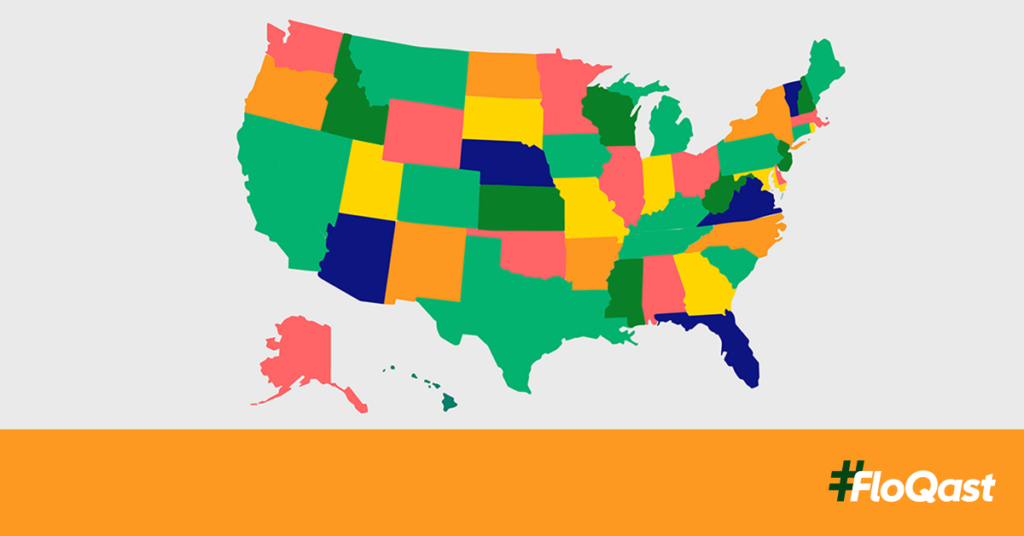
Blog -




Accounting
Webinar: How to Scale Your Finance Team for a Successful Exit or IPO
Filing an IPO is a momentous occasion for any business. But while the influx of capital and status are cause for celebration, it’s important to remember that the work has only just started.
For finance teams, in particular, going public requires a tremendous amount of due diligence to ensure compliance, requiring teams to consider sales structure, tax implications, and whether there’s enough personnel in place to make it all happen.
When Steve Vintz joined Maryland-based cyber exposure company Tenable in 2014, he knew that their ultimate goal was an initial public offering. To help achieve this, Vintz set to work reorganizing the company’s sales structure from a perpetual to a subscription model. Next, he helped form an Irish holding company to give access to a new labor market and create more favorable tax consequences for Tenable. Finally, Vintz built out his accounting department to ensure the right people were in place to facilitate the looming IPO.
Recently, FloQast Co-founder and CEO Mike Whitmire moderated a webinar hosted by Insight Venture Partners and featuring Vintz to discuss how financial organizations can effectively scale to meet an IPO’s demands. Here are some of the key takeaways.
The Financial Close Can Be a Weapon
Though earnings reports can seem like a chore for public companies, butTenable uses its earning reports to its advantage. By controlling the narrative, the company is able to set the golden standard for the industry it operates in.
Tenable was one of the first mid-cap software companies to report earnings. That was by design. We wanted to be among the first to announce earnings so we could create the narrative in the market. We do have public competitors and we wanted to be able to control that narrative first.
Speed Kills
The faster companies release their financial statements, the shorter the blackout window is for employees to sell stock. This results in a positive impact on the company culture and offers a boost in overall employee satisfaction.
We wanted the window to be open so employees could potentially trade stock. The [monthly] close is important because the longer it takes you to close, the longer it’ll take you to announce earnings. The more time you’re subject to blackout, the less time you communicate with investors and the shorter amount of time in which employees can trade the stock.
Recruiting audit committee members is a challenge most publicly-traded companies face. Just as a faster financial close has worked in favor of marketing and employee satisfaction, ensuring a quick close helps Tenable has the right committee members in place on a consistent basis.
Whether you’re a public company or private, if you are growing, you are evolving and expanding the board and changing the configuration by adding to the subcommittee, like us. We have an audit committee and when we interview prospective committee members, even an audit committee chair, one of the first questions we get is, ‘How long does it take you to close your books?’ And depending on your answer, there’s a judgment there: The shorter the time it takes you to close, the more favorably it’s viewed. If it’s longer, it’s tougher for board members and audit committee members to digest.


